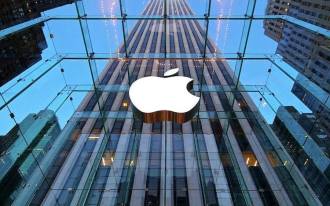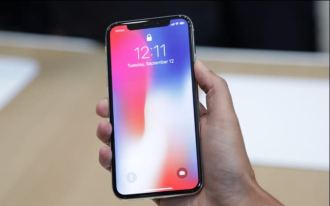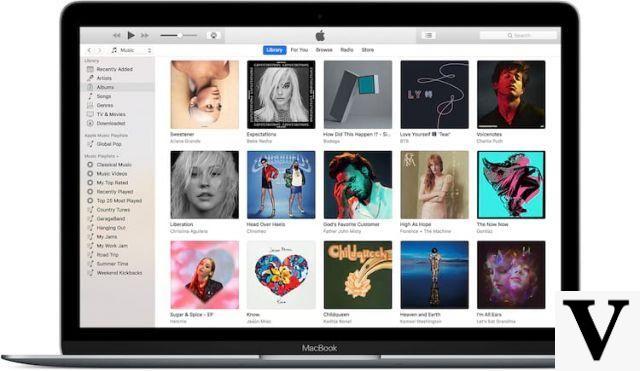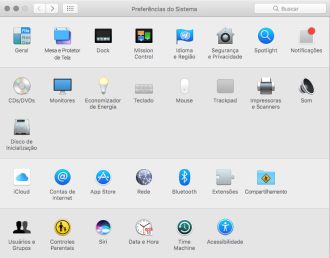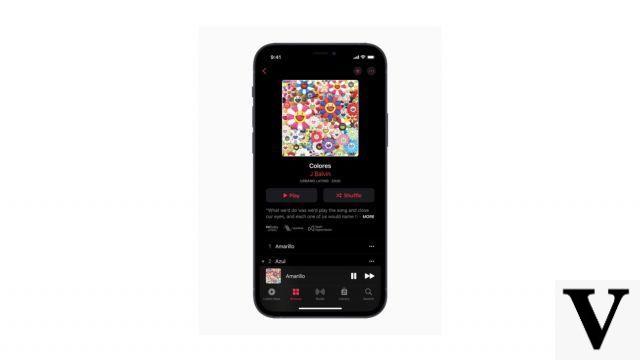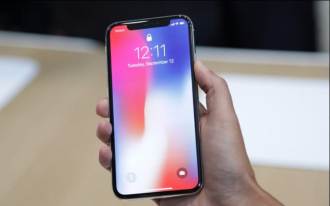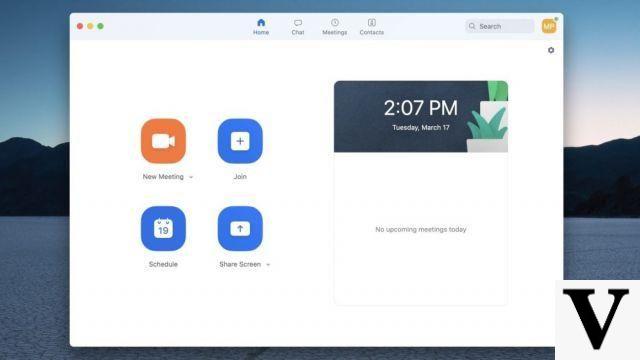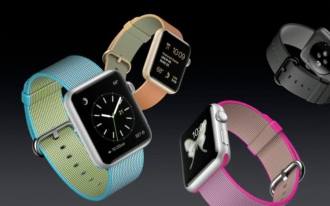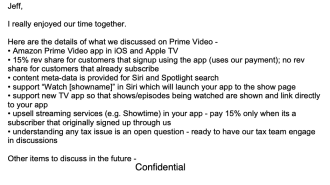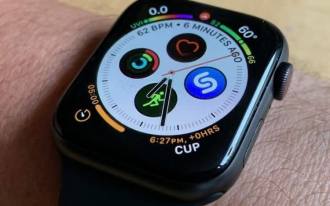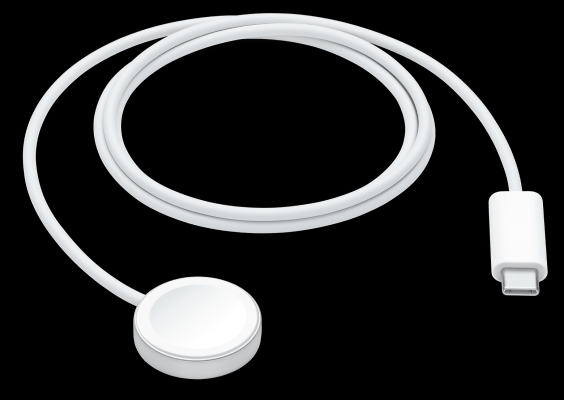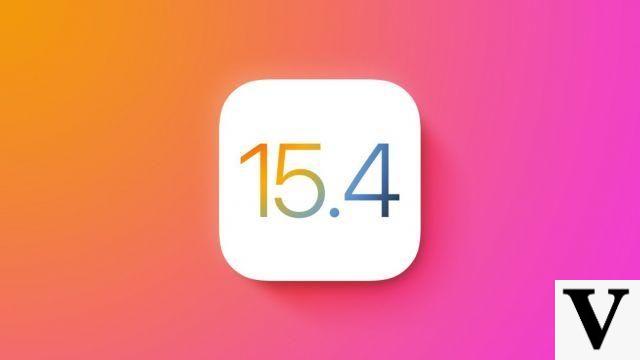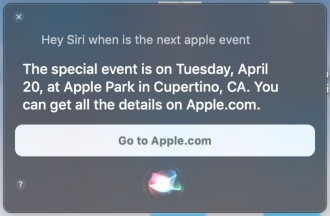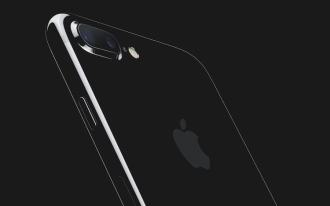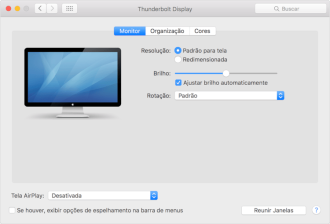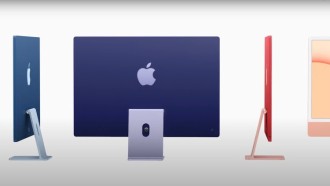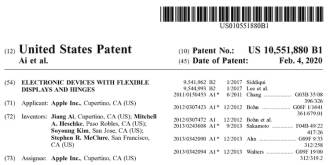People looking for a smartphone that, together with the operating system, respects privacy and guarantees digital security, opt for an iPhone. Apple is known for offering great quality devices that are practically impenetrable by hackers, but a news took Apple fans by surprise. It appears that the Cupertino giant was sending user data to a Chinese company, Tecent.
So Apple, which even fights with the IMF to maintain the privacy of its users? Well, the news surprised everyone. The company apparently contradicts its core philosophy, and sends iPhone browsing data to a Chinese company that doesn't have a "clean history" in terms of usage and data privacy.
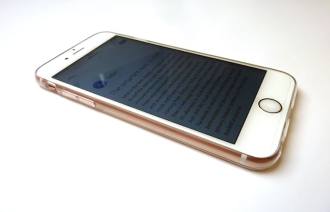
In addition to ease of use and simplicity, Apple has always promised users privacy and security, with barriers to prevent data from being collected by third parties. In the case of the Safari browser, Apple has a tool to prevent risks existing on the internet, since iOS 13. The Safari browser uses Tencent's safe browsing system to fight malicious pages. But the problem is that Tencent can register IP addresses in the process.
However, Apple collects usage data and sends it outside its area of responsibility, being delivered to two companies. Although they are well identified in a warning message, the problem is that this goes unnoticed by most iPhone users.
Data is sent to Google and Tencent. The first applies to Google's Safe Browsing service. But Tencent is another story. This Chinese company has a past associated with censorship and unclear policy links.
- What is TIDAL? Is it worth signing up?
- The 5 Best iPhones in 2022
Apple's Answers
Apple has taken a stand against the theory that it is sending data from its users to Tecent. In a statement to The Verge, the company alleges that Tencent and Google do not access users' web browsing history:
"Apple protects user privacy and data with Safari Fraudulent Website Warning, a security feature that flags websites known to be malicious in nature. When enabled, Safari checks the website's URL against lists of known sites and displays a warning if the URL the user is visiting is suspected of fraudulent conduct such as phishing. To accomplish this task, Safari receives a list of known malicious sites from Google and, for devices in China , users receive a list from Tencent. The actual URL of a website you visit is never shared with a secure browsing provider, and the feature can be turned off."
Apple also provided ZDNet with a more detailed description of how the system works. According to Apple, Google and Tencent are "sending a copy of the database to a user's browser, and allowing the browser to check the URL in that local database", so that traffic never reaches those companies. It also says that Tencent's blacklist is only used in China, where Google's domains are banned.
How to prevent Apple from sending your data to Tecent?
The best way around this issue is to disable the feature in Safari Settings. This will prevent data from being sent.



